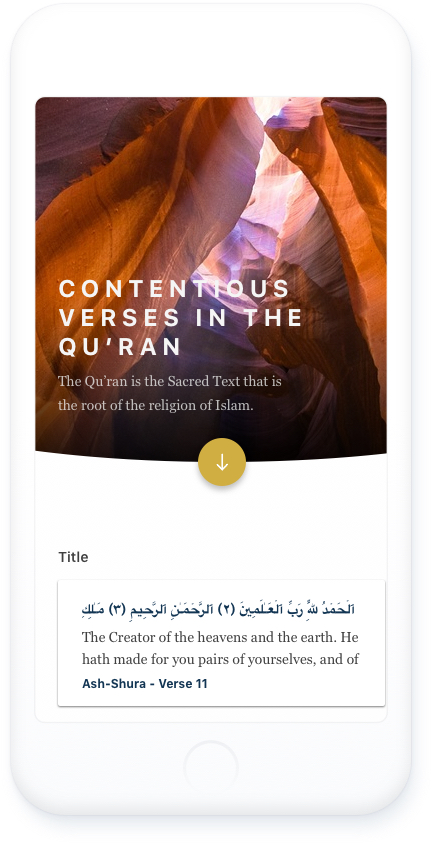Can a cryptocurrency be used to fight hate speech, fake news and divisive politics?

Can a cryptocurrency push back against the tide of hate speech, ‘fake news’ and divisive politics? A new initiative, Ananas, is going to try.
Effectively, they want to fight radicalization by “mapping ideologies”, providing a compass to navigate belief systems and using cryptocurrency to reward contributors.
The UK-based new charitable foundation plans to create a platform which works by creating an infrastructure that allows members of an ideology to piece together the elements that best represent them on top of a hyper-relational graph database (created by partners GRAKN.AI). These will be fed into easy-to-use consumer applications, augmented by AI, and relevant to a target audience.
Using a cryptocurrency economy based on its token, the Anacoin, they will verify content on anything they chose to map and align the interests of disparate, sometimes competing groups, to build the platform and rewarding people for doing so.
Practically speaking, the first implementation of this will be focused on fighting Islamic extremism and Islamophobia, with other religions, cultures and even politics mappable on the same platform as the respective communities join.
What this means is that users will be paid to annotate an online version of the Quran (dubbed “The Living Quran”) with digital content and real-life resources, and be paid to do so. The founders say: “Existing Islamic solutions fall flat as you often just have translations without context, which leaves them still vulnerable to extremists warping words and exploiting ignorance. In our first Living Quran consumer-facing application you will be able to see as much context as you want on any part or theme of the Quran from any perspective, or just talk to a Muslim put forward by a respective community.”
How will this help tackle extremism? Co-founder and CEO Zeena Qureshi says: “Information without context isn’t knowledge. Extremists have so many people marketing for them online. They target vulnerable, isolated individuals. If these people are looking for answers, they need to come to a place where this information is outlined. Things like Charlottesville are happening because people don’t have the information or understanding. Information feeds empathy.”
Thus Ananas will issue Anacoin, constructed to make the non-profit foundation self-sustaining while keeping the end consumer product free, as communities contribute to the platform by work or funding through a unique sponsorship system.
In their system, the value of Anacoins rises with the value of the platform; circulating supply falls, and demand grows, with each additional ideology added and community joining. Think Wikipedia, but if all the contributors and editors got paid and navigable from the verified point of view of any established community.
Given over a billion Muslims read the Quran regularly and many people are trying to understand whether to be fearful of Muslims, the founders hope this could lead to a better understanding of the religion and culture. It could also stop extremists like Islamic State controlling the conversation about the interpretation of the Quran by showing what myriad real-life communities really think and believe in a structured, transparent way.
There is a safe community area being built where people of any religion – or none – can ask and discuss these resources with each other, or verified members of other faiths and beliefs, and be rewarded in Anacoin for doing so. Talk about incentive!
At the heart of the team behind the foundation is social tech entrepreneur and CEO Qureshi, one of the few female leaders in the blockchain space. She’s joined by hedge-fund manager Emad Mostaque who. Also joining the board is prominent anti-extremist advocate Bjørn Ihler who devoted himself to the cause after surviving the 2011 terrorist attack in Norway, and has worked with former UN head Kofi Annan and institutions such as the British Council and European Union.
Ananas is looking to raise $1,500,000 – a low target relative to other token sales – in its upcoming fundraiser and token distribution, managed by UK-based ethical cryptocurrency specialists Chainstarter.
The initial funding was provided by a select group of hedge fund managers and US entrepreneur and philanthropist Tony Robbins, who were concerned about the rise of ideological hate.
This funding will be used to complete platform and the first consumer product, The Living Quran, over the next 24 months.
The core team of 7 is based in London, but there are a further 26 people working on the project around the world. The team encapsulates 8 PhDs in areas from semantic AI to contemporary Islamic issues.